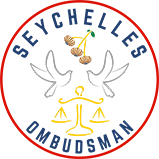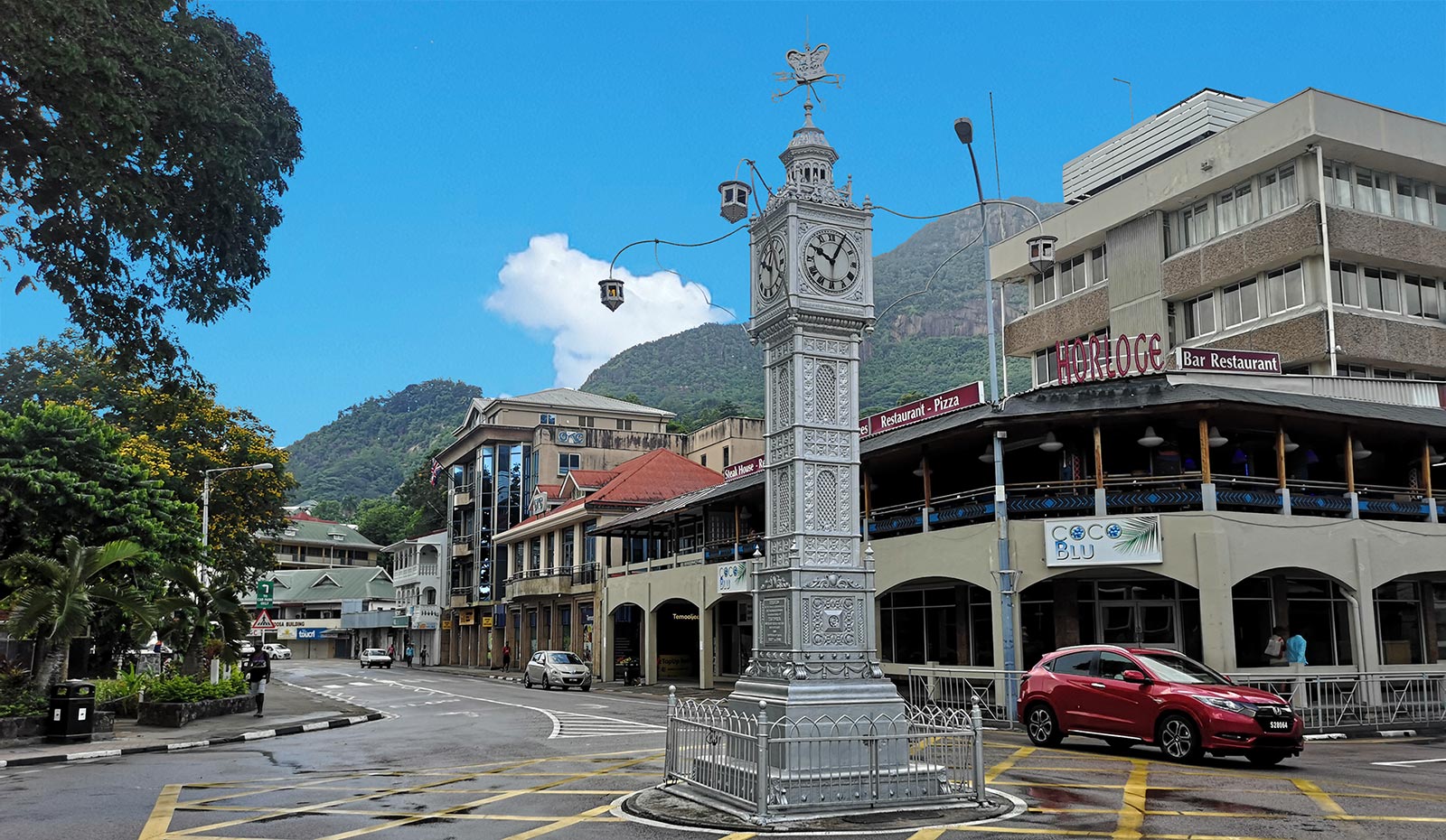30 Apr Information as a public good
Democratic society is established on the principle of rule by the people. Democracy is defined simply as a system in which government is given the right to rule because the people say it may and the same people can change their administrators in a peaceful manner in elections. But for this system to work effectively, it requires a constant interplay between the governed and the governing which is guaranteed by a free flow of information and ideas between all parties facilitated by an independent and reliable media.
That ‘information as a public good’ is vital to a functioning democracy. The chosen theme for this 2021 edition of World Press Freedom Day (3rd May) in Year Two of the COVID-19 pandemic gives us a golden opportunity to focus on accessing information. The full enjoyment of that right, along with the right to freedom of expression, come together to ensure that we, members of our society, are fully informed to be able to assume the responsibilities and enjoy all the other rights guaranteed in the Charter of Fundamental Rights and Freedoms of our Third Republic.
The right to access information and the guarantee of press freedom act as cornerstones of democracy. Without them democracy is flawed since it can thrive only in an environment where governments, public officials and every individual member of society engage openly and freely in sharing information destined for the public good. Democracy is achieved in the full exercise of those rights and the interplay between those who hold the information, those who transmit and share it and those who receive it and act on it.
It is this information that helps citizens make value judgments, draw conclusions and take decisions of their own in the ultimate aim of ensuring the political and economic independence envisaged in the Constitution.
It is the quality, accuracy and reliability of this information that lies at the heart of any debate on press freedom. Without this foundation, information will be, at best, incomplete, at worse, obscure and misleading and our other human rights and freedoms may be violated with impunity as a result. Without this information, neither governed nor governing can be sure that our democratic system delivers the adequate and progressive social order with its guarantee of food, clothing, shelter, education, health and a steadily rising standard of living for all Seychellois.
Taking that information to the public is the task of a vibrant, independent and pluralistic press working in a free and uncensored environment which enables responsible, accurate and trustworthy journalism.
Journalists, through the exercise of their press freedom, assume the role of “watchdogs” of our human and socio-economic rights. They transmit information as a public good. They must therefore subscribe to complete, accurate and unbiased reporting of that information destined for the public. They must guard against value judgments and opinions in their reporting. They must focus on ensuring that their information is balanced and complete and enables the reader to make an informed judgment on the facts.
Information as a public good requires Government and civil society to inform ourselves on their respective roles and why citizens need press freedom and quality journalism to carry that information to them. If information is to be a public good, all parties must also be able to tell the difference between information as a public good and the propaganda, disinformation, fake news and hate speech that surrounds us. Our collective and individual responsibilities as citizens demand that we focus on ensuring that the information we give as public officers, transmit as journalists and receive as the general public is fact-checked, accurate, true and reliable before we pass it on or act upon it.



